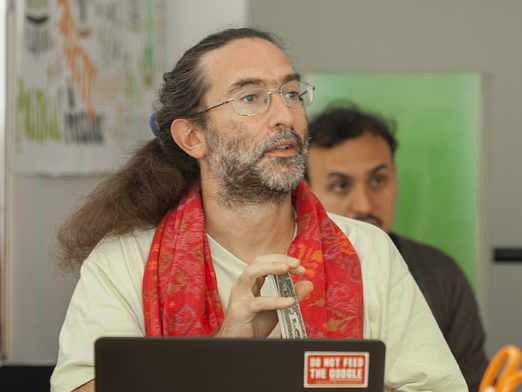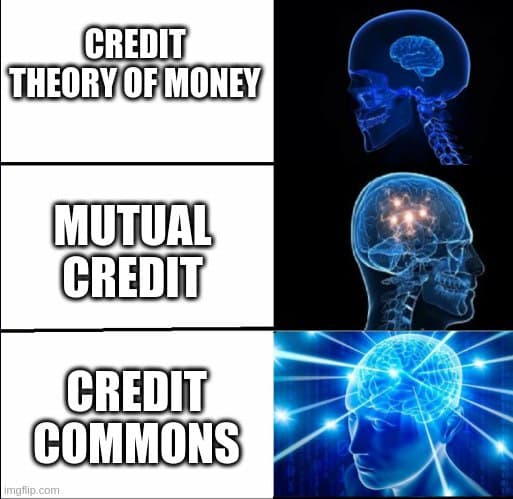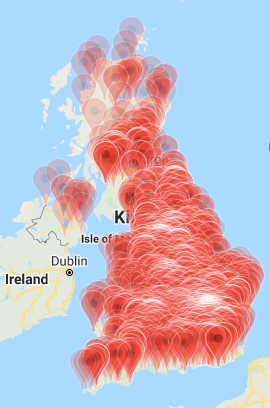'Regenerative' is the new 'sustainable'.
If 'DeFi' means decentralised (i.e. blockchain) finance, 'ReFi' means Regenerative decentralised finance. It was under this banner that 50+ folks met last week in Austria, including superstars Art Brock & Eric Harris Brown (Holo founders) and Shaun Conway from IXO.







 I know many practical people doing amazing work but who hold and are held in disdain by the world of finance because of their small size and inconventional approaches. Conversely folk who accumulate a thousand Euros here or there have no standard ways to invest it in small projects in a way that is fair to both saver and producer. A different kind of finance is needed - so what would it look like?
I know many practical people doing amazing work but who hold and are held in disdain by the world of finance because of their small size and inconventional approaches. Conversely folk who accumulate a thousand Euros here or there have no standard ways to invest it in small projects in a way that is fair to both saver and producer. A different kind of finance is needed - so what would it look like?